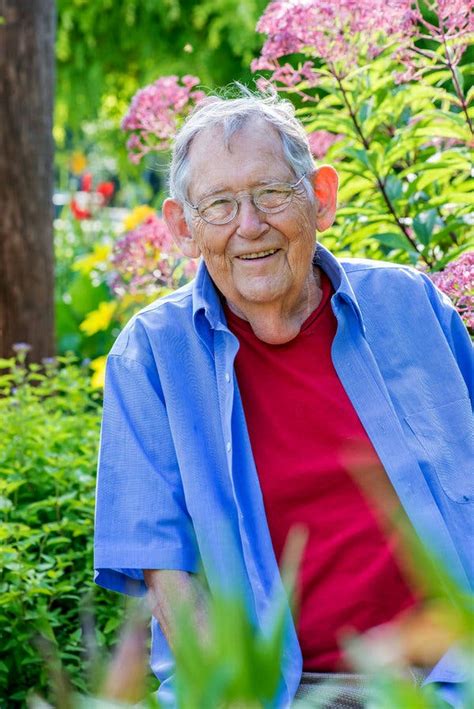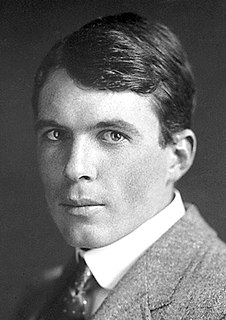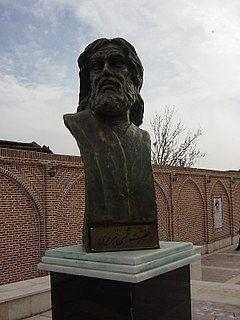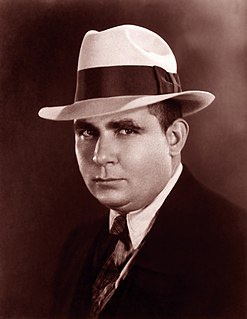A Quote by James Gleick
Particle physicists may freeze a second, open it up, and explore its dappled contents like surgeons pawing through an abdomen, but in real life, when events occur within thousandths of a second, our minds cannot distinguish past from future.
Related Quotes
There are two processes which we adopt consciously or unconsciously when we try to prophesy. We can seek a period in the past whose conditions resemble as closely as possible those of our day, and presume that the sequel to that period will, save for some minor alterations, be similar. Secondly, we can survey the general course of development in our immediate past, and endeavor to prolong it into the near future. The first is the method the historian; the second that of the scientist. Only the second is open to us now, and this only in a partial sphere.
You and I are standing this very second at the meeting place of two eternities: the vast past that has endured forever, and the future that is plunging on to the last syllable of recorded time. We can't possible live in either of those eternities - no, not even for a split second. But, by trying to do so, we can wreck both our bodies and our minds. So let's be content to live the only time we can possible live: from now until bedtime.
Eyes Wide Open' took shape from two real life events straight from my own past. One was the sad suicide of my young nephew, a troubled kid, who was found at the bottom of a landmark cliff in central California. The second was a chance encounter forty years ago with none other than, ahem, Charles Manson!
I have a way to photograph. You work with space, you have a camera, you have a frame, and then a fraction of a second. It's very instinctive. What you do is a fraction of a second, it's there and it's not there. But in this fraction of a second comes your past, comes your future, comes your relation with people, comes your ideology, comes your hate, comes your love - all together in this fraction of a second, it materializes there.
...memory is fragile and the space of a single life is brief, passing so quickly that we never get a chance to see the relationship between events; we cannot gauge the consequences of our acts, and we believe in the fiction of past, present, and future, but it may also be true that everything happens simultaneously.
The past is an interpretation. The future is on illusion. The world does not move through time as if it were a straight line, proceeding from the past to the future. Instead, time moves through and within us, in endless spirals. Eternity does not mean infinite time, but simply timelessness. If you want to experience eternal illumination, put the past and the future out of your mind and remain within the present moment.
The second noble truth states that we must discover why we are suffering. We must cultivate the courage to look deeply, with clarity and courage, into our own suffering. We often hold the tacit assumption that all of our suffering stems from events in the past. But, whatever the initial seed of trauma, the deeper truth is that our suffering is more closely a result of how we deal with the effect these past events have on us in the present.



































